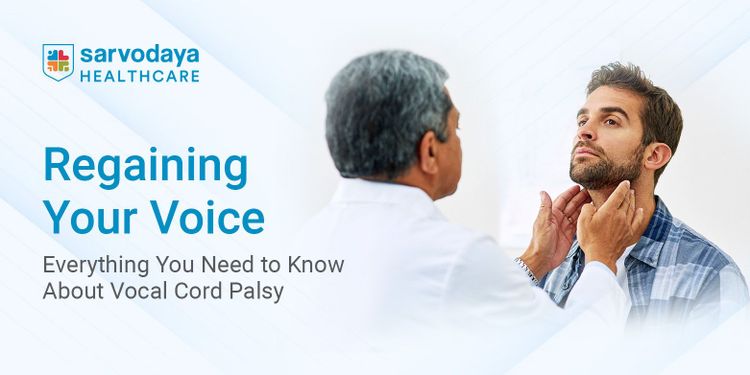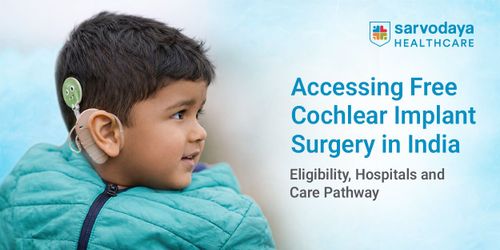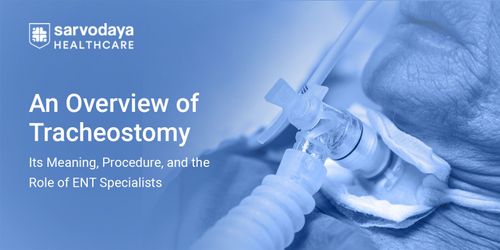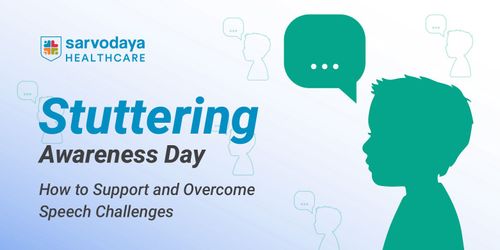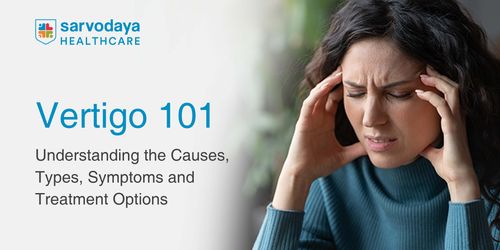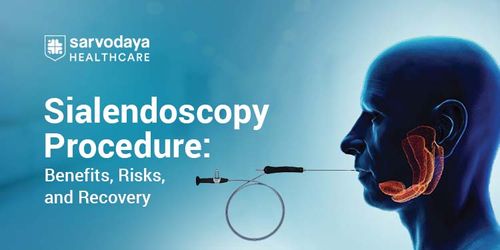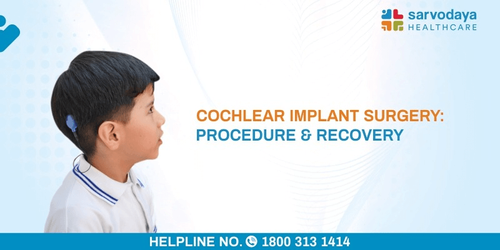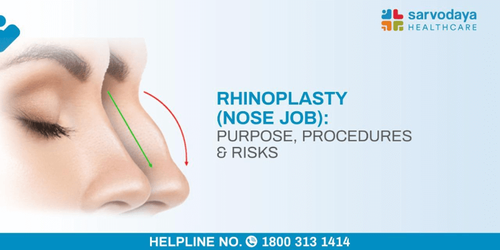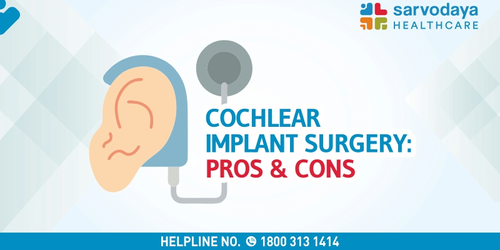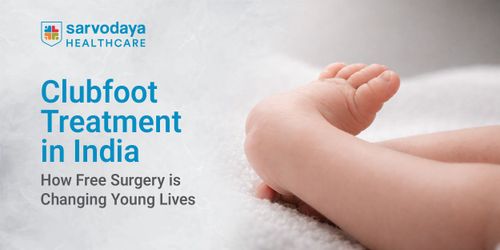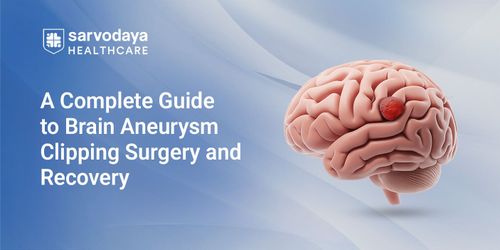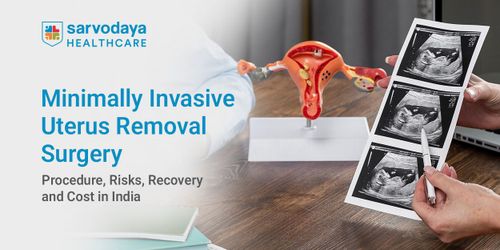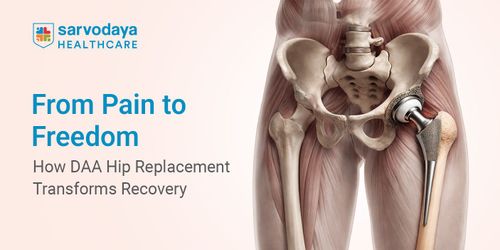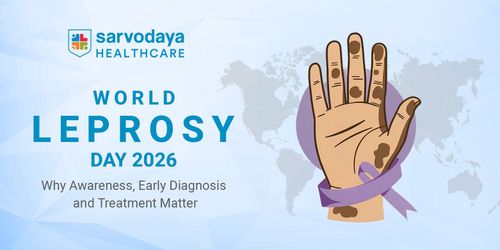Your voice is one of the most potent communication, expression, and connection tools. When it becomes weak, hoarse, or disappears altogether, it can be both physically and emotionally distressing. One such condition that can lead to this loss is vocal cord palsy, also known as vocal cord paralysis.
This blog explores everything you need to know about vocal cord palsy treatment, its causes and symptoms, and how modern ENT care can help restore your natural voice.
Understanding Vocal Cord Palsy
Vocal cord palsy occurs when the nerve impulses to your voice box (larynx) are disrupted, causing paralysis or weakness in the muscles responsible for voice and breathing. The vocal cords (or vocal folds) are two bands of muscle tissue in the larynx that vibrate to produce sound when air passes through them. A healthy individual’s cords move symmetrically to open during breathing and close during speech.
The condition may affect one vocal cord (unilateral paralysis) or both (bilateral paralysis), leading to varying degrees of difficulty in speaking and breathing. When one or both cords lose mobility, they may remain in a partially open or closed position, which is referred to as the vocal cord paralysis position.
Causes of Vocal Cord Paralysis
The condition occurs when the nerve that sends signals to the voice box becomes damaged or inflamed, leading to partial or complete loss of movement in one or both cords.
Below are the most common causes of vocal cord paralysis:
- Nerve Injury during Surgery: Surgeries around the neck or chest, such as thyroid, heart, or oesophageal operations, can sometimes damage the nerves that control the vocal cords.
- Viral Infections: Certain viral infections can inflame or weaken the nerve responsible for vocal cord movement.
- Trauma or Accident: Direct impact to the neck or chest can affect nerve function, leading to vocal cord paralysis.
- Neurological Disorders: Conditions like stroke, Parkinson’s disease, or multiple sclerosis can interrupt nerve signals to the vocal cords.
- Tumours and Growths: Masses in the neck, thyroid gland, or upper chest can press on the nerves and cause vocal cord immobility.
- Idiopathic (unknown) Causes: In some patients, despite thorough evaluation, the reason for the paralysis remains unclear.
Early consultation with an ENT doctor in Delhi NCR can prevent complications and improve chances of full recovery.
Symptoms of Vocal Cord Palsy
The symptoms of vocal cord paralysis can vary depending on whether one or both cords are affected.
Common vocal cord paralysis symptoms include:
- Hoarse or Breathy Voice: One of the first signs, caused by incomplete closure of the vocal cords.
- Difficulty Swallowing: Food or liquids may enter the airway, causing frequent choking or coughing.
- Shortness of Breath: Particularly noticeable when both cords are affected or remain in a closed vocal cord paralysis position.
- Voice Fatigue: The voice becomes weak or tiring after short periods of talking.
- Weak Cough: The inability to generate strong airflow due to improper cord closure.
- Reduced Vocal Pitch Control: Difficulty in varying tone or speaking loudly.
Read More- ENT Problems When to See an ENT Specialist
Treatment for Vocal Cord Palsy
Here are the main types of vocal cord paralysis treatment used today:
Voice TherapyThis is usually the first line of treatment, especially for mild or unilateral paralysis. Conducted by a speech therapist, these sessions help strengthen the functioning vocal cord, improve sound projection, and teach safe swallowing techniques.
Vocal Cord Injections (Augmentation)This surgery injects a filler substance, such as fat, hyaluronic acid, or another biocompatible material, into the paralysed vocal cord. This pushes the cord closer to the functioning cord, allowing for better closure during speech.
Surgical Treatments- Thyroplasty: A small implant is placed in the larynx to reposition the paralysed vocal cord closer to the midline and improve voice strength.
- Reinnervation Surgery: This advanced approach involves reconnecting or grafting nerves to restore normal voice.
Medical Management
Treating the root cause, such as inflammation, infection, or nerve injury, can sometimes restore normal function without surgery.
Each patient’s recovery plan is individualised. Whether non-surgical or surgical, the outcome is significantly improved when managed by experts at a leading ENT hospital in Faridabad offering advanced voice restoration technology.
Recovery and Lifestyle Changes
Recovery from vocal cord paralysis depends on the underlying cause and type of treatment received.
Here are some lifestyle and care recommendations after vocal cord palsy treatment:
- Voice Rest and Moderation: Avoid straining your voice during early recovery. Speak softly and limit prolonged conversations.
- Stay Hydrated: Drink plenty of water to keep the vocal cords lubricated and prevent irritation.
- Avoid Smoking and Alcohol: These can dry out and damage the delicate tissues of the throat.
- Follow Speech Therapy Exercises: Practise prescribed voice exercises to maintain muscle strength and coordination.
- Manage Reflux or Allergies: Conditions like acid reflux can worsen symptoms, so dietary adjustments are often necessary.
- Regular Follow-Ups: Attend periodic check-ups with your ENT doctor in Faridabad to ensure proper healing.
Read More- Sialendoscopy Procedure: Benefits, Risks, And Recovery
Conclusion
Living with vocal cord palsy can be challenging, both physically and emotionally. The condition affects the ability to speak, breathe comfortably, and even eat safely, which affects one’s confidence and quality of life. However, with modern medical advances, early diagnosis, and expert intervention, it is possible to regain natural voice strength and restore normal communication.
Sarvodaya Hospital, Faridabad, is recognised for offering advanced facilities and speciality care for vocal cord palsy treatment. The hospital’s highly experienced ENT doctors in Faridabad and voice specialists combine medical expertise with state-of-the-art diagnostic tools to deliver accurate evaluations and effective outcomes. From early detection to complete recovery, Sarvodaya Hospital provides preventive consultations and comprehensive treatment options tailored to each patient’s needs.
Do not ignore the warning signs. Book an appointment now at Sarvodaya Hospital, Faridabad, and take the first step towards protecting your voice and overall well-being.


